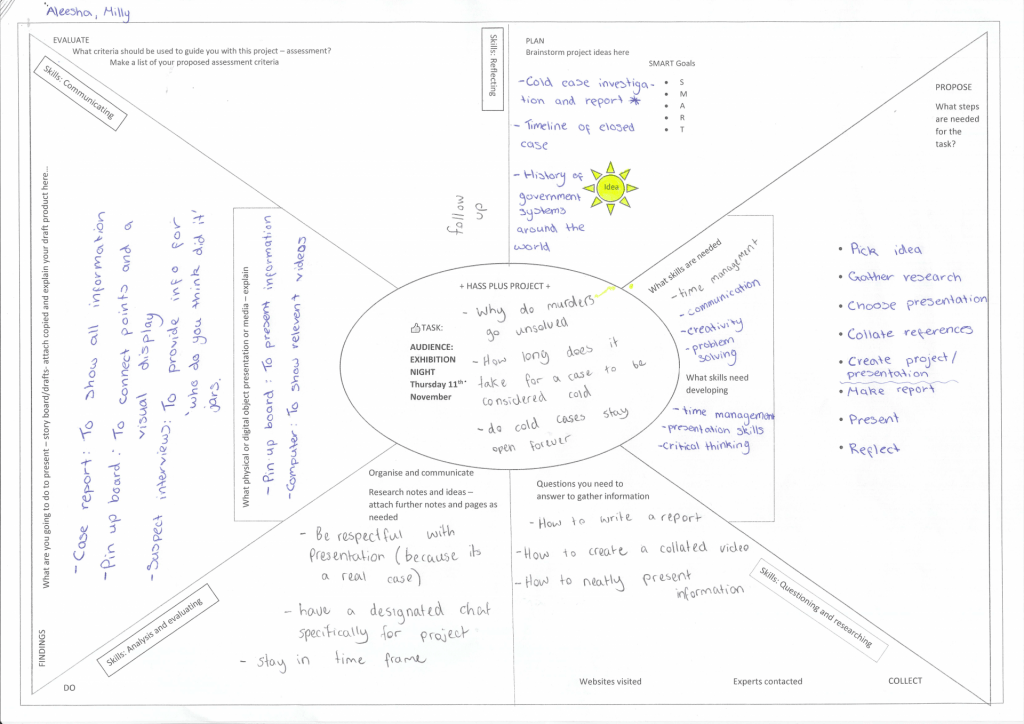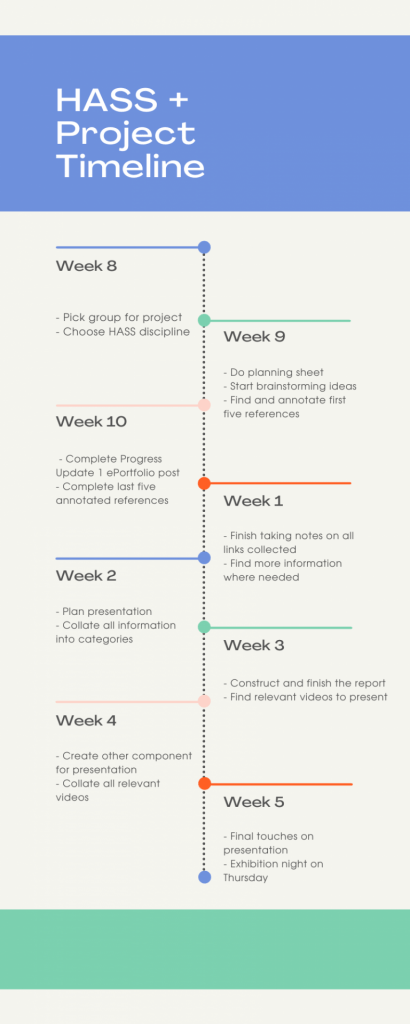Before I chose Muir as my elective, I had never really been snorkeling before. I was excited that we would be able to go to Rottnest Island as I had never been there before. Even though Rottnest was our main excursion to test the skills we had been practicing, we went to Coogee as well so we had some real life experience before going to Rottnest. Before we even thought about hopping into the water, we had to to learn all the safety rules before using the water. To help us with this, we used the acronyms SAFE SNORKEL. This stands for Safety, Accident, First Aid, Emergency/Sun, Nourishment, Ocean, Reef, Keep in Pairs, Environment, Leave no Trace. When we had learned all the precautions about using the water, we went down to the Aquatic Center and learned all the skills we would need for snorkeling. We also learned water entries, and rescues. The entries we used were the Compact jump, Stride entry, Slide entry, and the Back Roll entry. We also learned how to tow someone from one side of the pool to the other, even though we probably didn’t need to know this, it is good to be prepared just in case something happens and we need to pull someone out the water. Once we had learned all these skills, we were ready to put them into use.
Coogee
Coogee was a great place to put our newfound skills to the test for the first time. Not only did it have a shipwreck we could explore, but it had a Maritime Trail we could go round. We found the Omeo Shipwreck had become home to loads of marine life. There was so many marine animals like fish and octopus that we saw. The conditions on the days we went on we really nice, the weather wasn’t too windy and the water was clear, most of the time. In regards to the Maritime Trail, there we things plotted on the seabed which you could swim down to see. There were also signs we could swim down and read which provided us with some information with what we were looking at. The think I liked the best about the trail was the big star on the seabed. It was approximately 6 meters below the surface. Because it was quite deep, we needed to equalize to balance out the pressure from inside our ears and the water pressure outside. To do this, we had to cover our nose while blowing out as we swam down. I never ended up going through the star as I couldn’t properly equalize yet, but if I go again to Coogee, I will definitely try going through the star.
Rottnest Island
I was so excited about this excursion because I had never been to Rottnest before. We boarded the bus at 7am and arrived at Victoria Quay, in Fremantle, at around 7:40am. The ferry left at around 8am and took around 25 minutes to get to Rottnest. Unfortunately, I didn’t realise I got seasick and didn’t take anything before the ride. Luckily the sickness wore off when I was back on land. We walked across the island till we reached the Basin. While we were walking to the beach, we saw a Quokka. This was really amazing as I had never seen one before. When we had finished setting up at the Basin, we went over SAFE SNORKEL. My group was the first to go into the water. It was quite cold when I first got in, I was very thankful I had my wet suit in that moment of time. We went out and explored the reef for 20 minutes with our buddy. It was quite wavy but in most parts of the water, it was easy enough to snorkel in. When the other group had got back, we went out to the cave section and had the opportunity to swim down through a cave. It was really amazing because the cave was filled with marine life that was living there and there was so much to look at. After our lunch break, we went back out to another part of the Basin where we could look at the reefs. I loved that there were some deep parts where we could dive down and look at the reef on the seabed. After we arrived back at school, I was tired from a long day. Overall, this was an amazing experience where we could use the skills we had been practicing, and I was able to see a place I had always wanted to go to.















